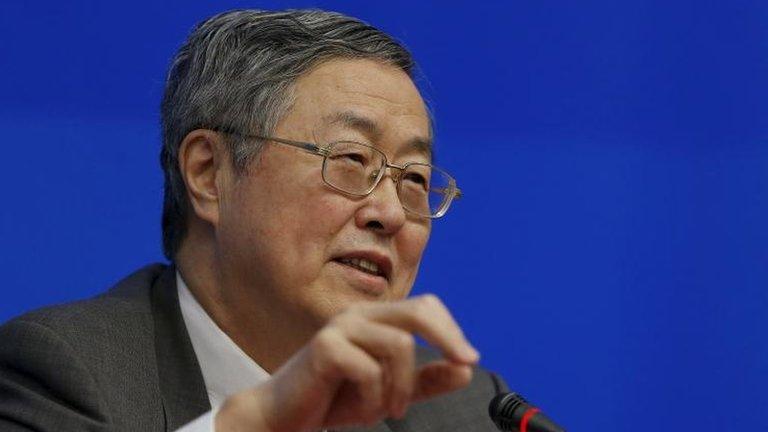Hangzhou G20: China's ambitions for global leadership
- Published
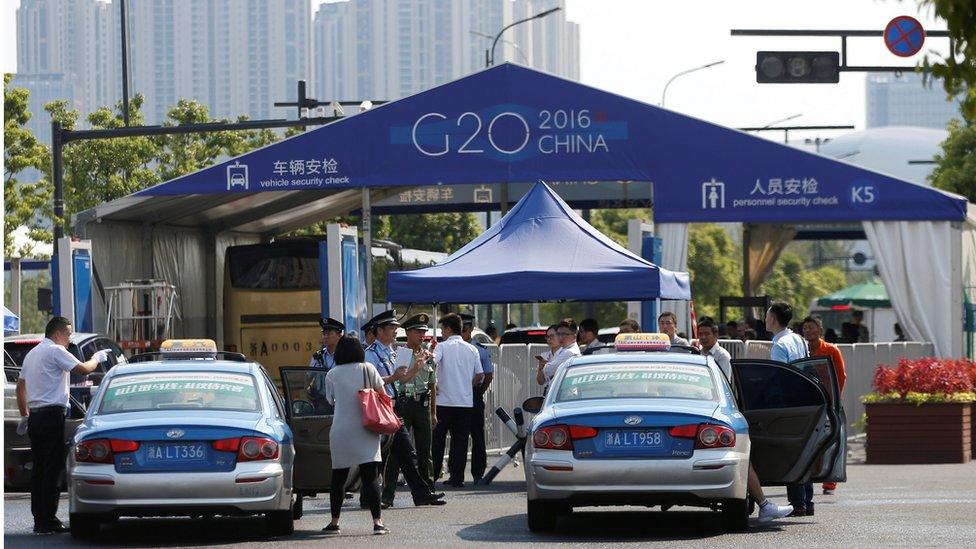
No effort has been spared in organising the G20 Summit in Hangzhou
China mobilises for a big event like nowhere else.
Hangzhou on the eve of the G20 is a certain kind of awesome. A city rebuilt.
Filled with brand new security kit and locked down manhole covers, it has been emptied of a third of its population.
The switch was flicked to off in factories for hundreds of miles around, the pollution haze dispersed and the sky turned 'G20 blue'.
This weekend's G20 is a demonstration that the one party state decides on a goal, it can call the country to attention and command its people to get behind it.
Bid for economic leadership
G20 in China explained, with dolls
The G20 really matters to China. Since the first such summit in Washington in late 2008, these occasions have mostly been forgettable.
But that year was a watershed for the Chinese leadership.
With the global financial crisis, Beijing stopped believing there was something immutable and dependable about the way the western powers had wired the global economy.

Talking points

As others floundered, China began its lightning move up the GDP hierarchy to second place, and simultaneously launched a campaign to move from outsider to central player in global economic governance.
Despite the slower growth of recent months, Chinese purpose has not wavered.
In fact, events since have only strengthened the conviction that economic power is moving east, and that this, if not the Asian century, is at least China's century.
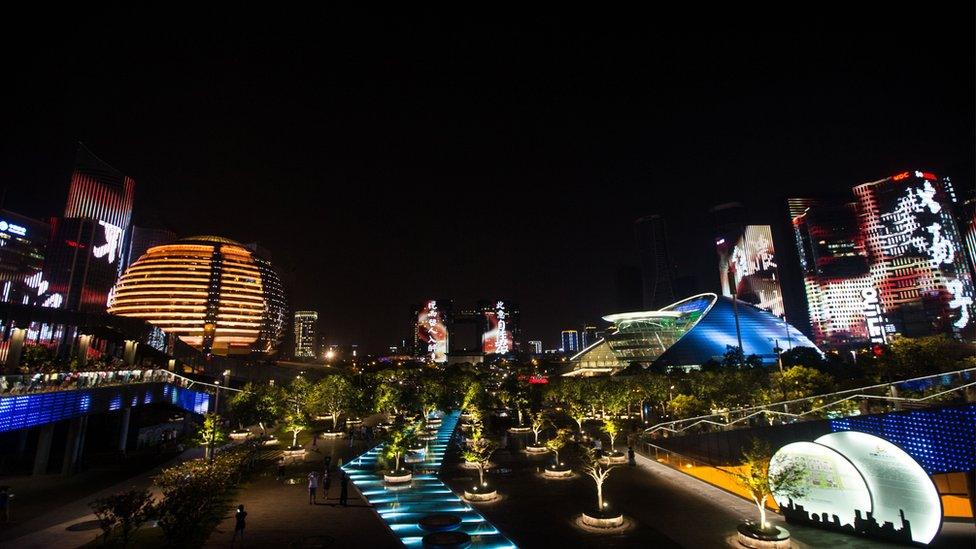
Hangzhou's future as a centre of innovation will be part of the PR narrative at the summit
The list of evidence for this faith is long and conveniently includes Hangzhou's own global brands.
Eight years ago, most foreigners would have been hard pressed to name any Chinese company, but now this city alone is home to several giants, including Alibaba.
They are among China's corporate miracles which have worked out how to leverage an immense domestic market, hungry workforce and almost limitless capital, while absorbing abroad whatever growth nutrients they are missing at home.
So this week's PR narrative around the G20 host city is a Hangzhou which balances a glorious imperial past with a glorious innovative future.
The sharper strategic narrative around China's G20 moment is about the decline of the West, which began with the 2008 financial crisis, but is now gathering pace amid the distractions of a US presidential election and the disarray in Europe over Brexit, migrants and recession.
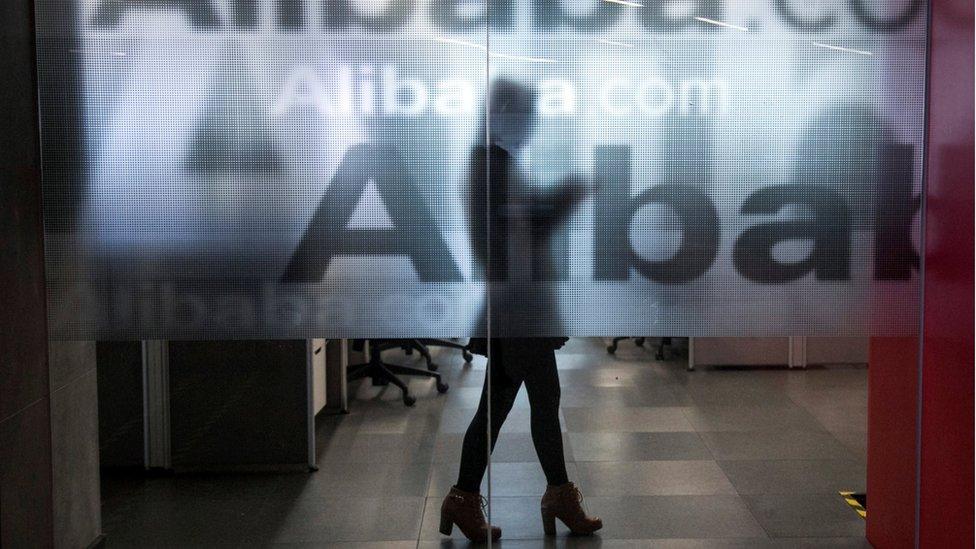
Hangzhou is home to the world's biggest e-commerce company Alibaba
In this triumphal narrative, only China is a reliable engine of growth, its politics less populist, its leadership farsighted.
And according to the official New China News Agency, it is now time to take that leadership global.
The host is ready to share its time-honoured wisdom and up-to-date solutions with the world.
Put bluntly, China hopes the world will look back and identify the Hangzhou G20 as the moment when China looked like a better guardian of global economic governance than a US paralysed by poisonous politics at home and handicapped by distractions abroad.
China's dilemma
But will the Hangzhou summit be remembered like that? Will it be remembered at all?
After all, leaders have to lead and this is hard for China on economic issues, let alone security.
At a time of struggling growth and protectionist backlash across the world, President Xi will try to present himself in Superman pants, urging his guests to defend free trade for the sake of all our futures.
But talk is cheap. Many of those in President Xi's audience have been complaining of Chinese protectionism for decades, the joke among their trade negotiators that for China the slogan win/win means heads I win, tails you lose.
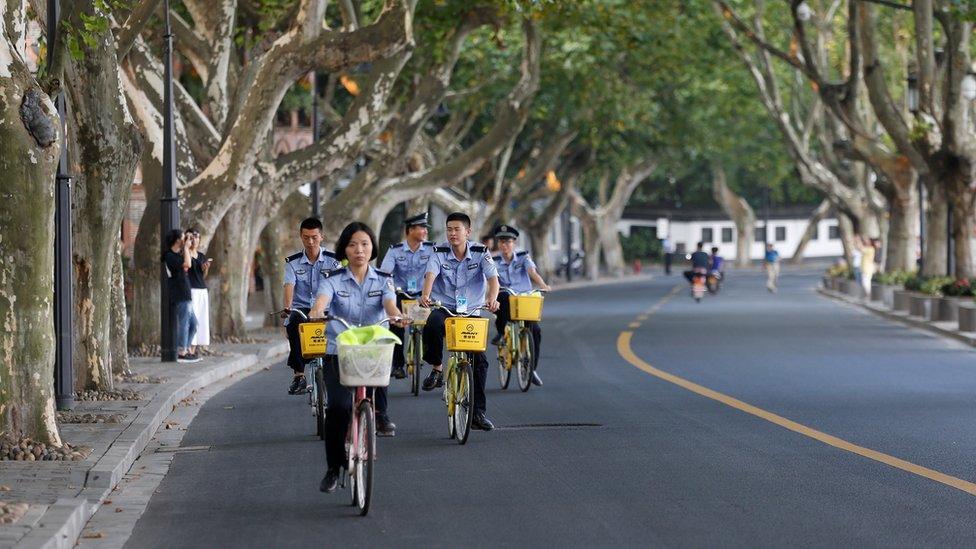
Security personnel ride bicycles on one of many roads closed off for the G20 Summit
Certainly China has been a great beneficiary of globalisation and the commitment of others to free trade.
It would have much to lose if the rest of the world started closing its markets.
But both the German ambassador to China and the European Union Chamber of Commerce complained only this week that their companies face an unlevel playing field in China and that some feel ever less welcome.
There is no sign of a last minute Superman-style intervention that might translate Chinese talk about free trade into spectacular action.
Meanwhile the theme for China's summit is "Towards an Innovative, Invigorated, Interconnected and Inclusive World Economy".
But as well as being the master of top down mobilisation, China is often the master of meaning-light slogans.
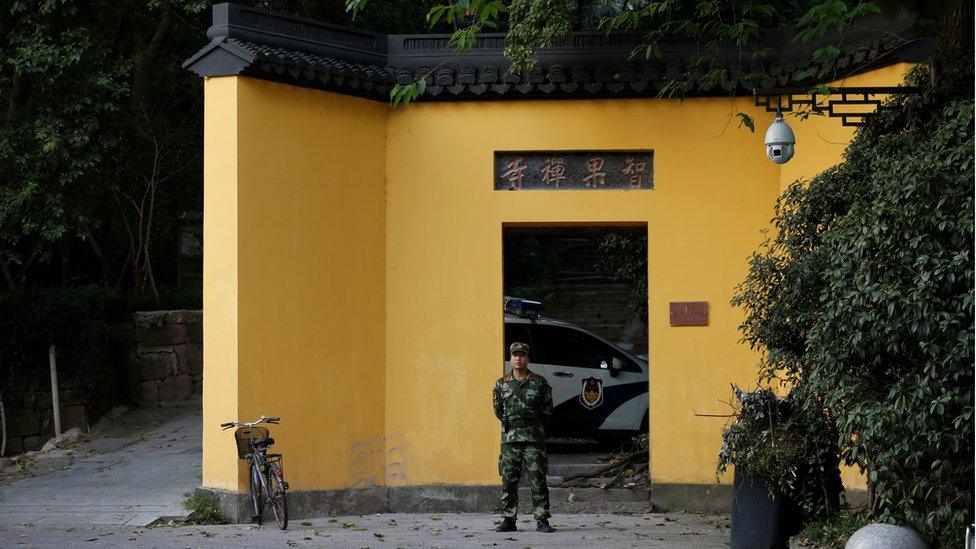
The summit, as always, will be heavily guarded
What would really help an innovative and invigorated global economy is fundamental structural reform from China, the dismantling of large parts of the sclerotic and monopolistic state owned economy.
A dramatically freer Chinese economy with fair access to key sectors for private enterprise and foreigners would enormously enhance China's credibility as a leader on global governance.
It stands to reason that if you play by fair rules, you have got a better chance of being invited to set them.
But it will not happen or will not happen fast because of perceived political risk.
A freer economy would get in the way of the Party's number one objective, political control.
And this desperate political fragility has other painful consequences for China's dream of leadership.
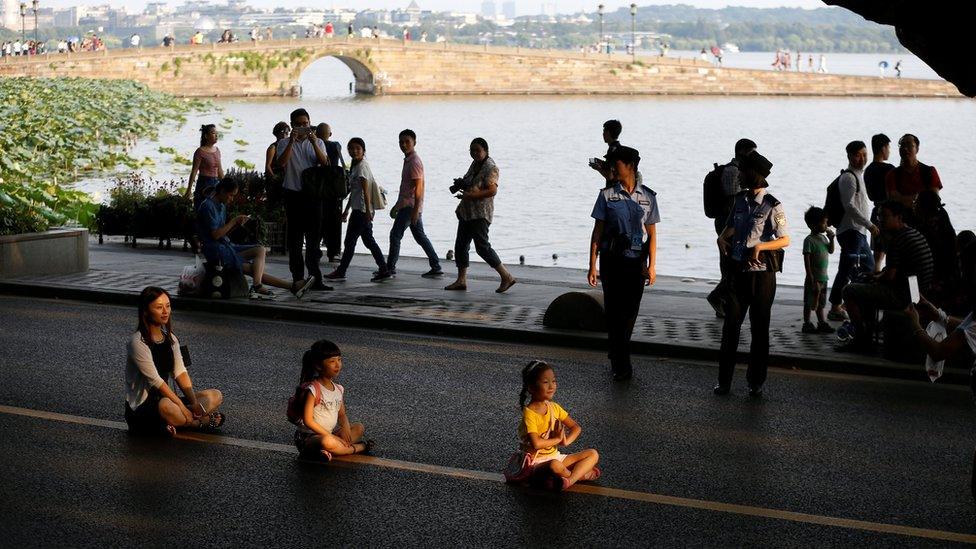
With the roads closed, some visitors took the chance to pose for a photo in the middle of the street
Exactly a year ago, the last huge international set piece in China was a giant military parade to commemorate the 70th anniversary of the defeat of Japan in WWII.
Many of the world leaders now gathering in Hangzhou were invited to attend that too, but most stayed away because the exercise was framed in a narrative of China's historical victimhood and 21st century return to greatness.
It was a hard power message calculated to unite the domestic audience firmly behind the Communist Party.
But by moving towards an increasingly strident nationalism complete with territorial ambitions and military build up, Beijing has placed itself in a zero sum leadership dilemma.
It can either lead at home or it can lead abroad but without a more liberal political agenda, it cannot do both.
In a region, where so many nations still have wounds from history, China's nationalist politics are toxic to its hopes to lead internationally.
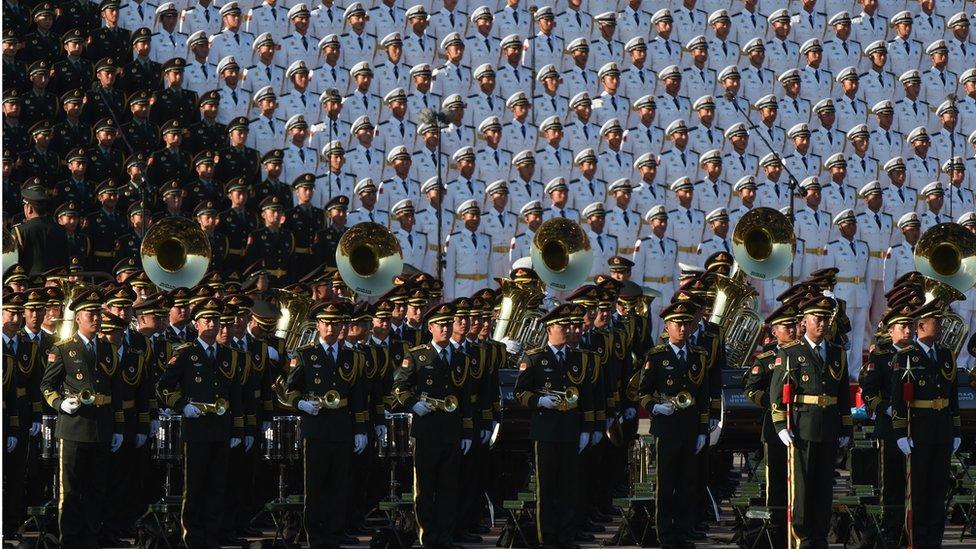
Most western leaders stayed away from the military parade to marking the end of WWII in 2015
In July, Beijing's furious denunciation of an international court ruling on the South China Sea put it on the wrong side of international law.
And if there are no accepted rules of the game, then the game is not about leadership but about my will against yours and ultimately about brute force.
When you resort to that game, Superman pants can only be worn in the privacy of your own home.
All those gathered for the G20 are keenly aware of these realities. They will note the slogans, the songs and the speeches.
But when we look back in years to come and remember the Hangzhou summit, I suspect we will still be remembering the awesome mobilisation involved.
China has not yet found the language to lead a troubled world.
- Published1 September 2016
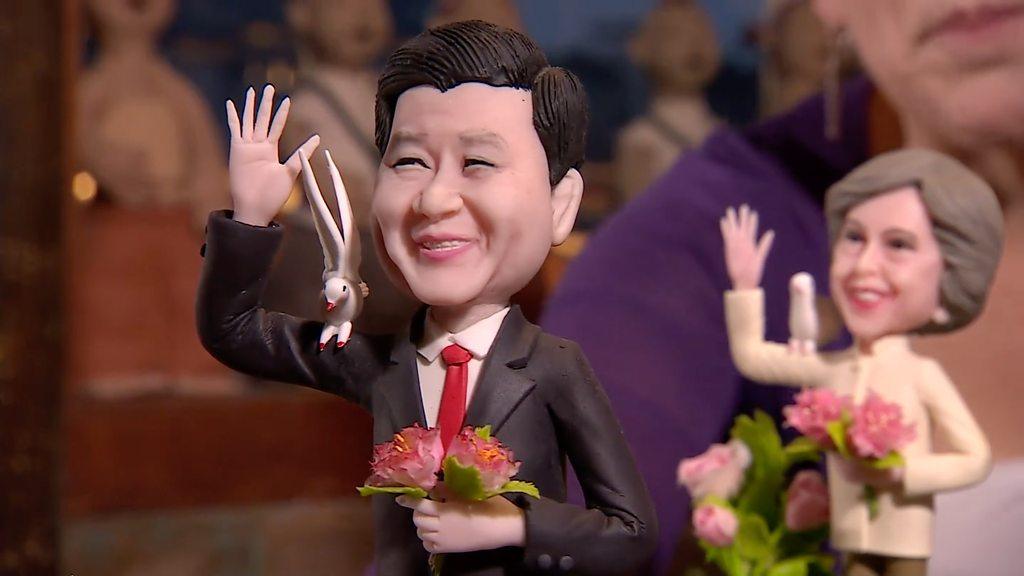
- Published8 August 2016
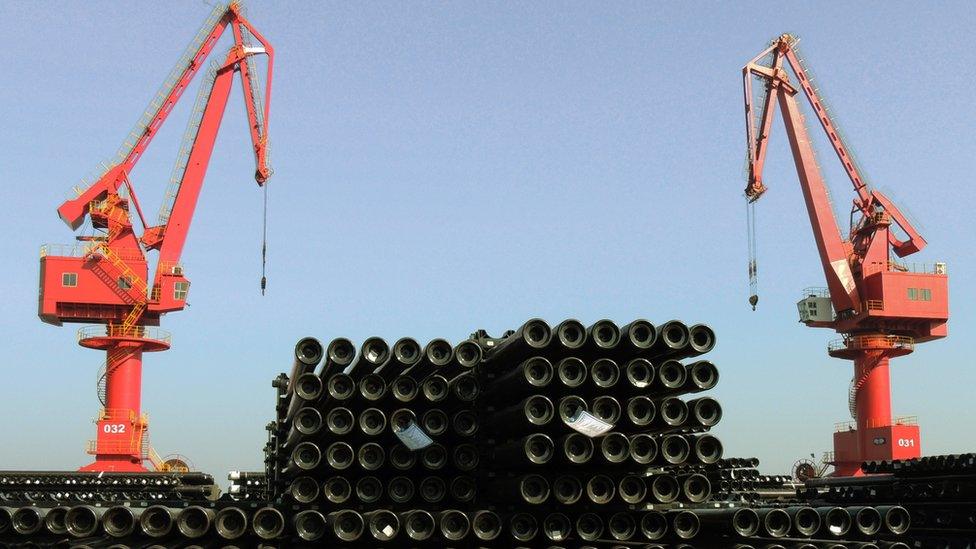
- Published7 July 2023
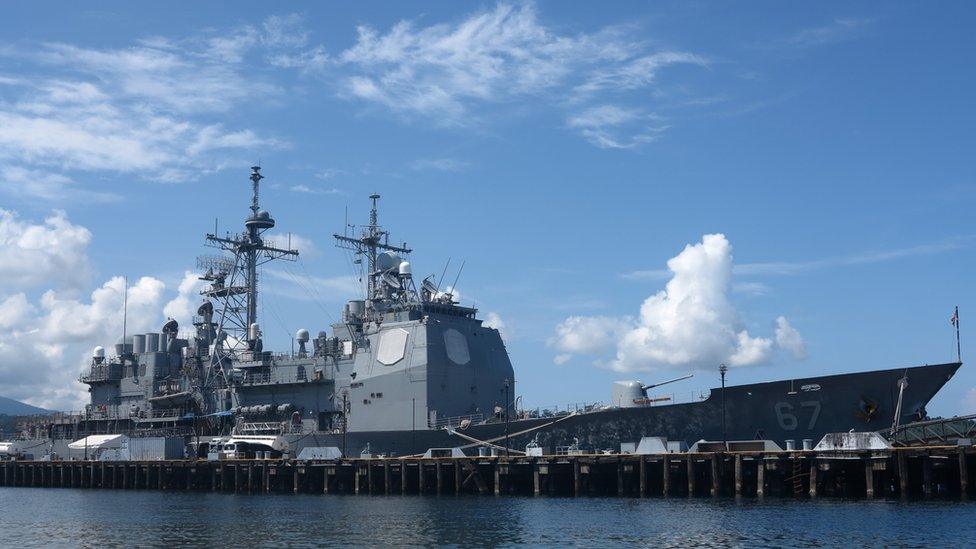
- Published12 July 2016
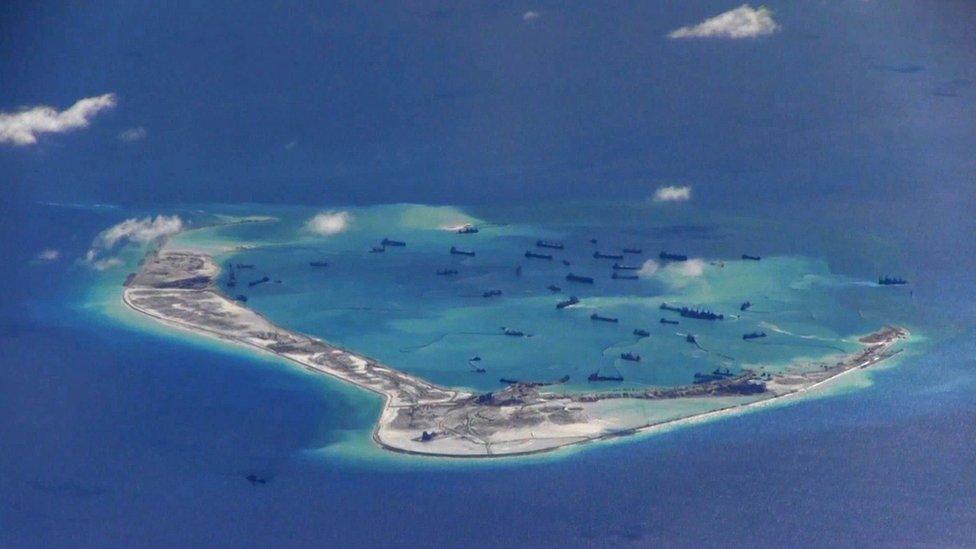
- Published24 July 2016
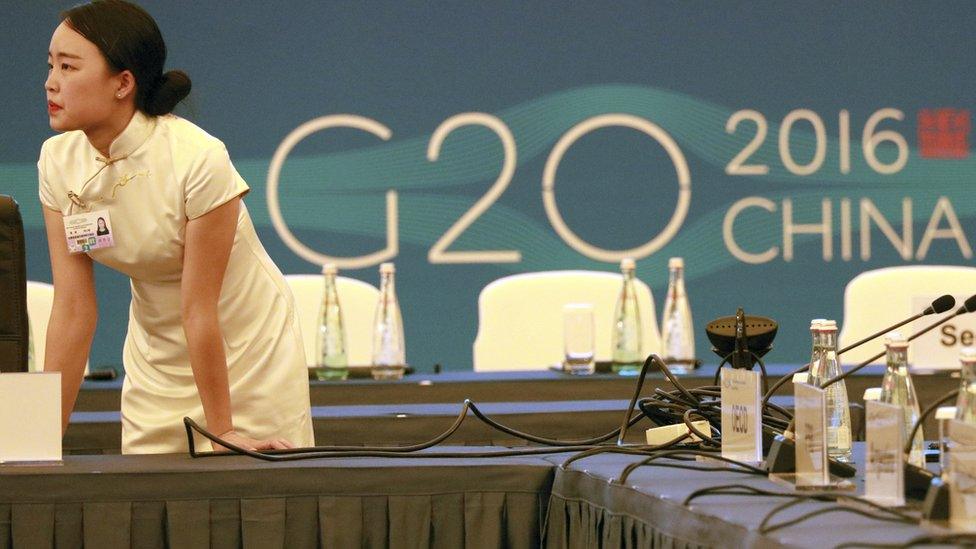
- Published10 July 2016
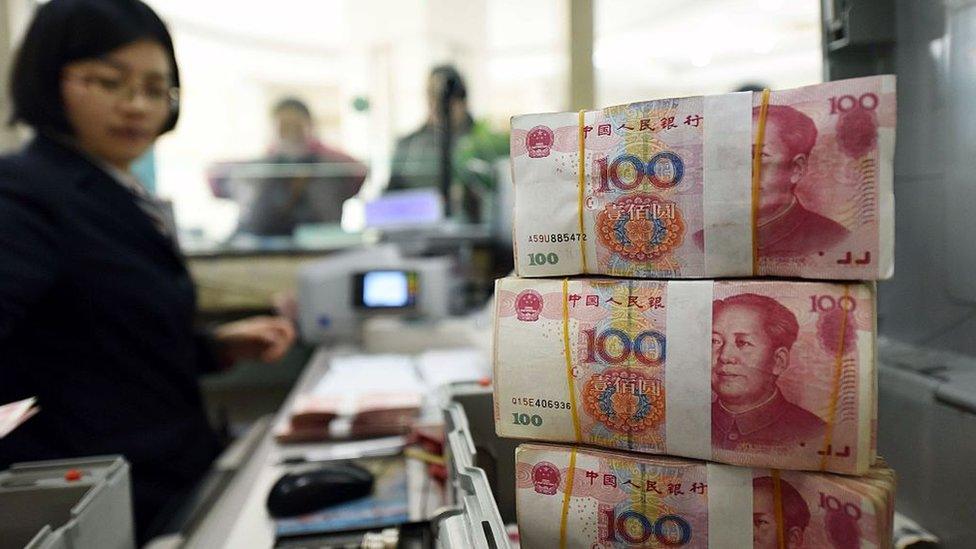
- Published26 February 2016
